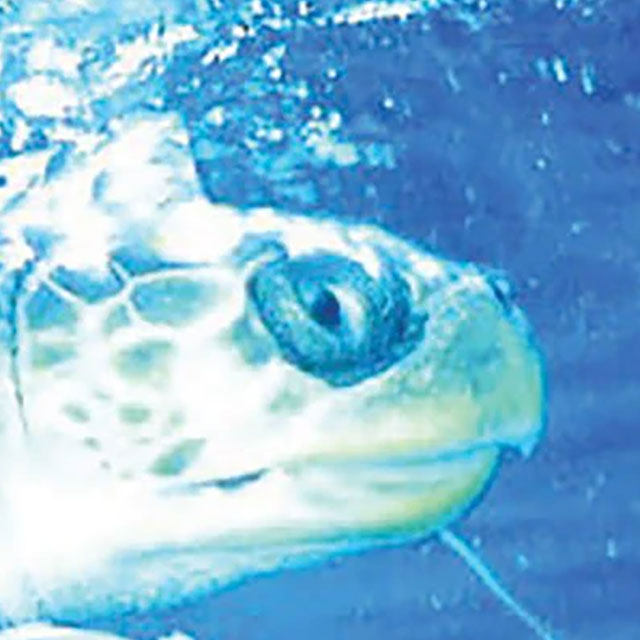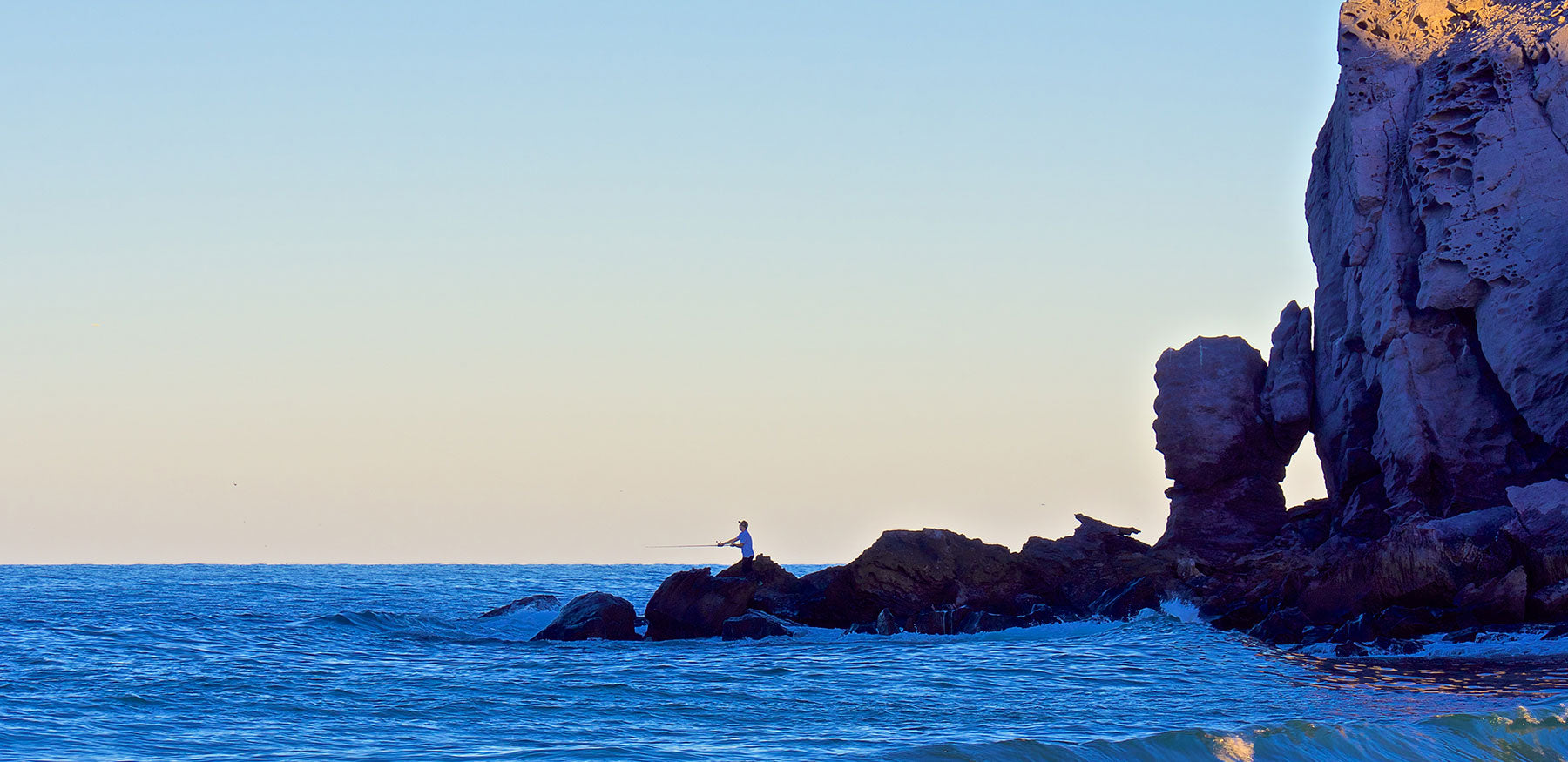
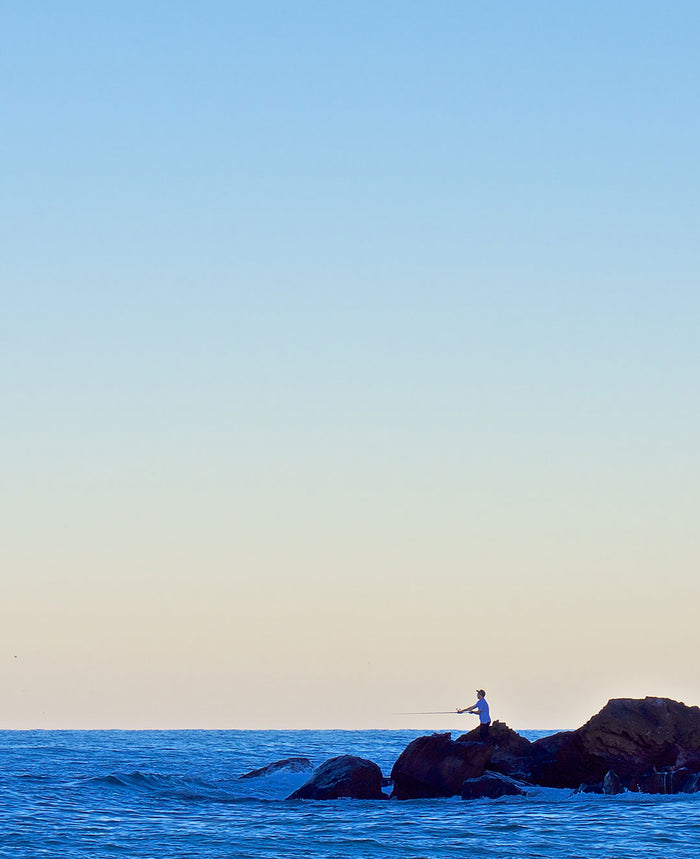
Protecting Fishing Access
Misguided groups are increasingly calling for recreational anglers to be symbolically denied access to the marine resource.
AFTCO is not against science-based closures. We stand up against restricting angler access without a significant proven fishery benefit to overcome the angler's personal loss and the loss to the resource and the economy. AFTCO is committed to providing both funding and leadership to protect responsible access.
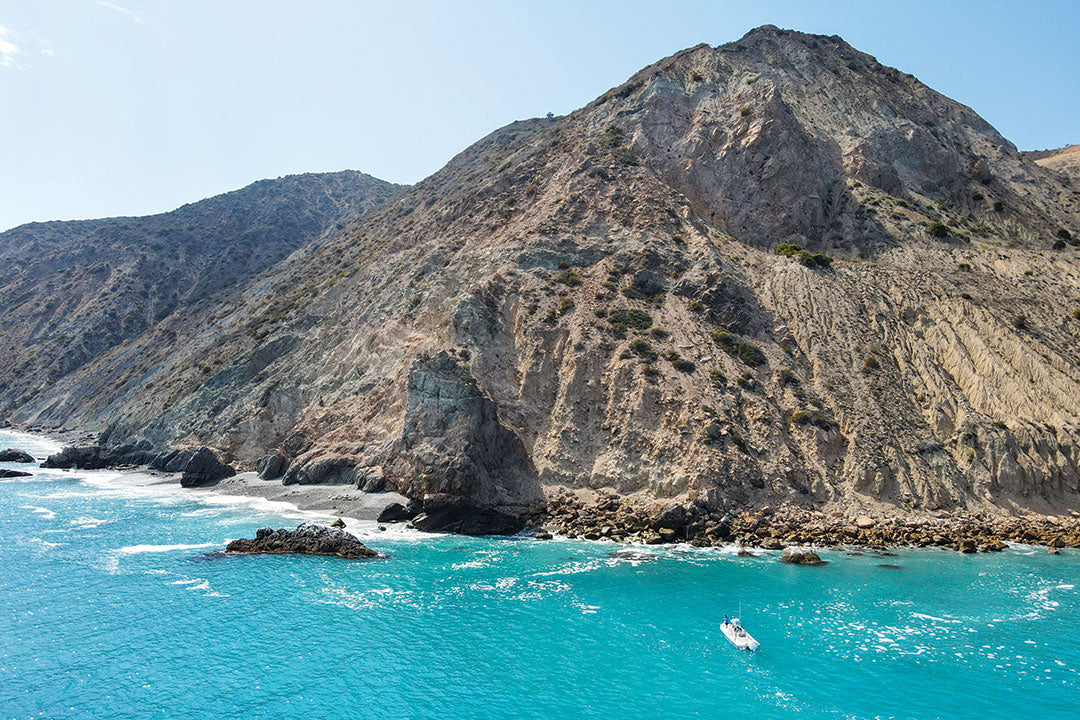
30x30 & No-Fishing MPAs
30x30 is an effort to conserve at least 30 percent of America's land and ocean areas by 2030. AFTCO is on the front lines with others in the sportfishing community providing funding and leadership to ensure responsible public access is kept intact during this process.
This collection of ten articles from conservation organizations, AFTCO, fisheries scientists, and fishing magazines best summarizes the issues at hand. Many of these articles look at the peer-reviewed science around No-Fishing MPAs to find that they do not increase fisheries productivity, whereas proven fishery management does. Global fishery management is important to ensuring healthy oceans in the future, and AFTCO will continue to fight for the reliance on science, angler rights, and practical approaches to guide that effort forward.
California AB3030
AFTCO, among many others, was highly involved in successfully defeating 2020's California legislative Bill AB3030, which many were calling MLPA 2.0. This bill was California's first attempt at implementing the federal 30x30 plan here in the US. We are supportive of the idea of 30x30 nationally and are optimistic that a wide range of communities will be able to come together to see the policy effectively implemented to the benefit of our resources. However, we will continue to fight against specific versions of 30x30 that would limit angler access without a scientific need. Get a 30x30 overview here.
California MLPA Process
In 2012 AFTCO contributed $50,000 to Save CA Fishing to support UASC's MLPA lawsuit. In total, AFTCO donated $200,000 to support efforts to try and bring a reasonable balance to California's MPA process. From meeting with legislators to collecting signatures in front of grocery stores, AFTCO employees poured countless volunteer hours into speaking up for angler access during the California MLPA process. Ultimately many of those efforts came up short as the MLPA effort created full closure MPA networks that left anglers frustrated and fishery productivity in no better place. SMR zones that restrict all fishing currently make up 8.76% of California's ocean. SMCA zones that may allow for recreational fishing but often only allow for very specific activities (seining for squid, kelp harvest and spearfishing, or some sort of infrastructure maintenance) make up an additional 6.52% of California's oceans. A full breakdown of the MPA's covering ~16% of CA waters can be found at wildlife.ca.gov. The result is that somewhere between 9% - 16% of California's fishing waters are currently placed in the category of recreational fishing closures. In practice, the placement of California's Marine Protected Areas in the most productive inshore habitat zones has resulted in closing a significant percentage of the real fishing opportunities available to Californians.
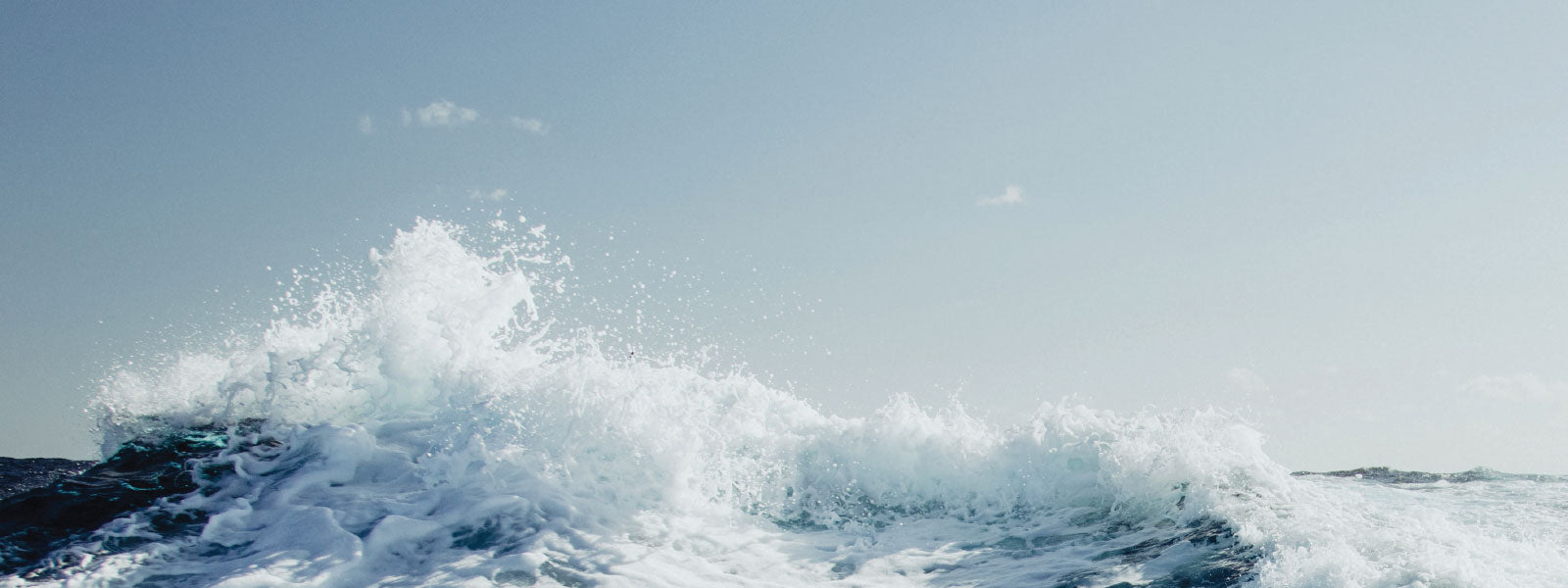
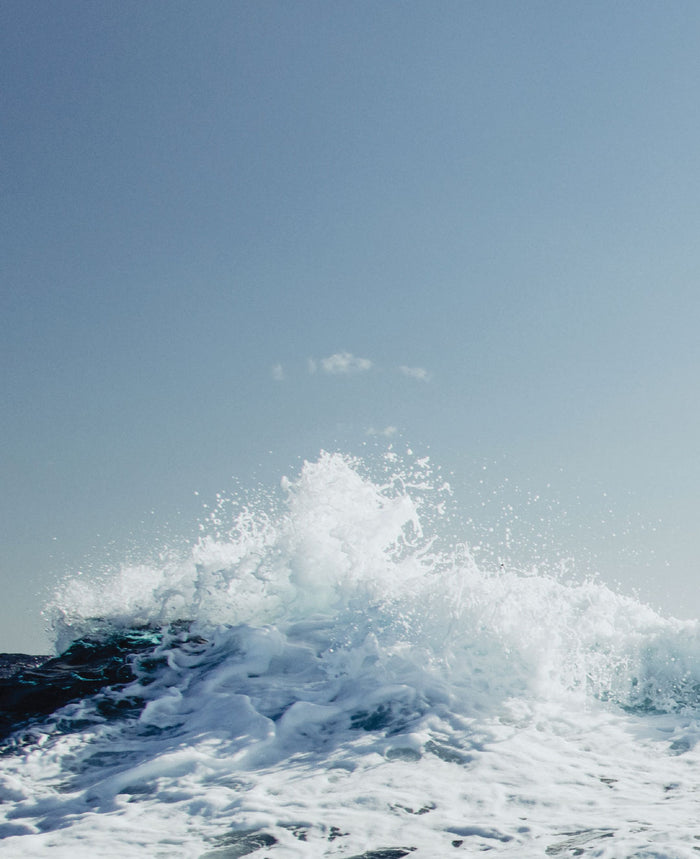
Recreational Anglers Are True Marine Conservationists
Those wanting to ban recreational fishing fail to point out that saltwater anglers have been and continue to be the true marine conservationists. We provide the funding background for fishery management efforts in the US. Through federal excise taxes on fishing equipment and motorboat fuel, fishing license fees, and direct donations, anglers contribute nearly $1.5 billion annually to fund fisheries conservation and habitat restoration. In addition, conservation-minded anglers led the effort to restore redfish in the Gulf and Southeast, white seabass and halibut in California, restoration of seagrass, and countless victories across the country. The ocean is a public resource, and the fishing public deserves the highest priority for its future use.
Recreational Fishing Is Not Industrial Commercial Fishing
Recreational anglers and their single hook and line gear are increasingly being placed into the same category as industrial fishing, often using gear types like gillnets, bottom trawls, longlines, and more. The truth is sportfishing uses little of the resource that provides healthy, family-oriented recreational activity for the public in addition to providing significant job creation opportunities and economic activity. According to NOAA Fisheries, in 2017, 10+ million saltwater anglers in the US generated 487,024 jobs and contributed $24 billion of total sales back into the economy. Most importantly, this economic benefit is generated by taking only 3% of the US harvest, while the commercial sector takes the other 97% while providing fewer jobs.
Fishing Advocacy
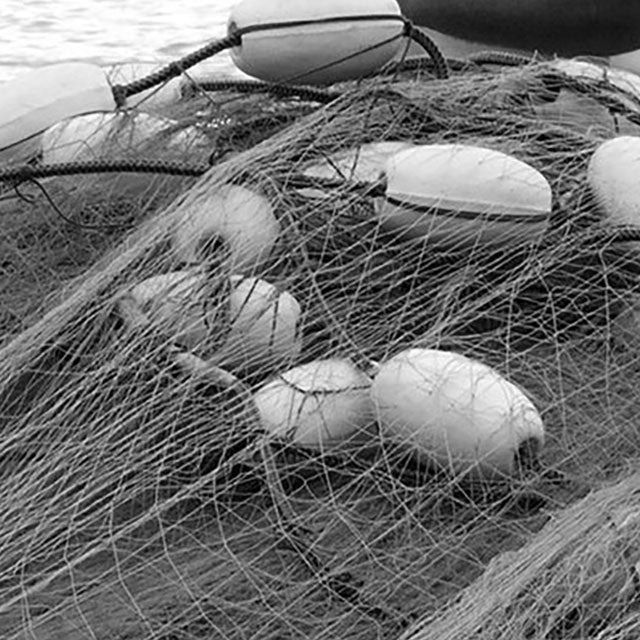
Elimination of Gillnets
Learn More